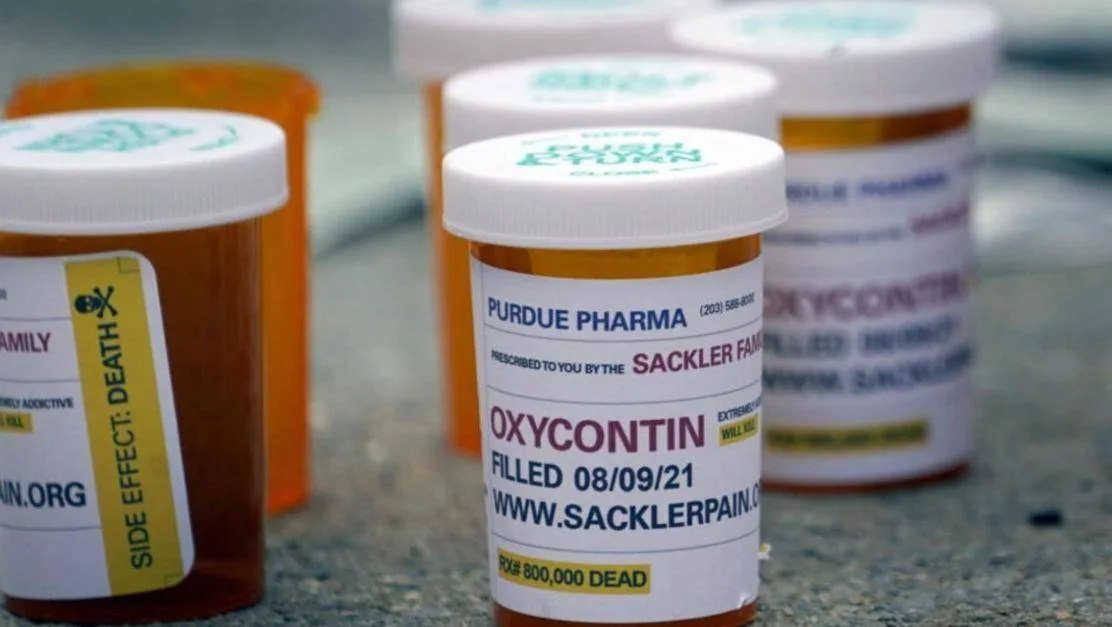The US Department of Commerce (DoC) has initiated a Section 232 investigation to evaluate the impact of pharmaceutical and pharmaceutical ingredient imports on national security, following President Donald Trump’s recent statements on potential tariffs for the pharma industry. The investigation, effective from April 1, 2025, seeks to determine whether tariffs or quotas on pharmaceuticals are necessary to protect national security. A similar probe has also been launched for the semiconductors industry.
Section 232 Background
Section 232 of the Trade Expansion Act of 1962 empowers the president or department/agency heads to request the DoC to investigate whether certain imports pose national security risks. The DoC has 270 days to complete the investigation. This provision allows the president to impose tariffs or trade restrictions without congressional approval and has been frequently used by the Trump administration, notably for steel and aluminum tariffs in 2018.
Scope of the Pharmaceutical Investigation
The investigation will focus on finished generic and non-generic drug products, medical countermeasures, critical inputs such as active pharmaceutical ingredients (APIs) and key starting materials, and their derivative products. It will also assess:
- Current and projected demand for pharmaceuticals and ingredients in the US;
- Domestic production capacity to meet demand;
- The role of foreign supply chains in fulfilling US needs;
- Impact of foreign government subsidies and predatory trade practices;
- Economic effects of artificially suppressed drug prices due to unfair trade practices;
- Potential for foreign export restrictions and the risk of pharmaceuticals being used as geopolitical leverage;
- Feasibility of expanding domestic capacity to reduce import reliance.-Fineline Info & Tech
